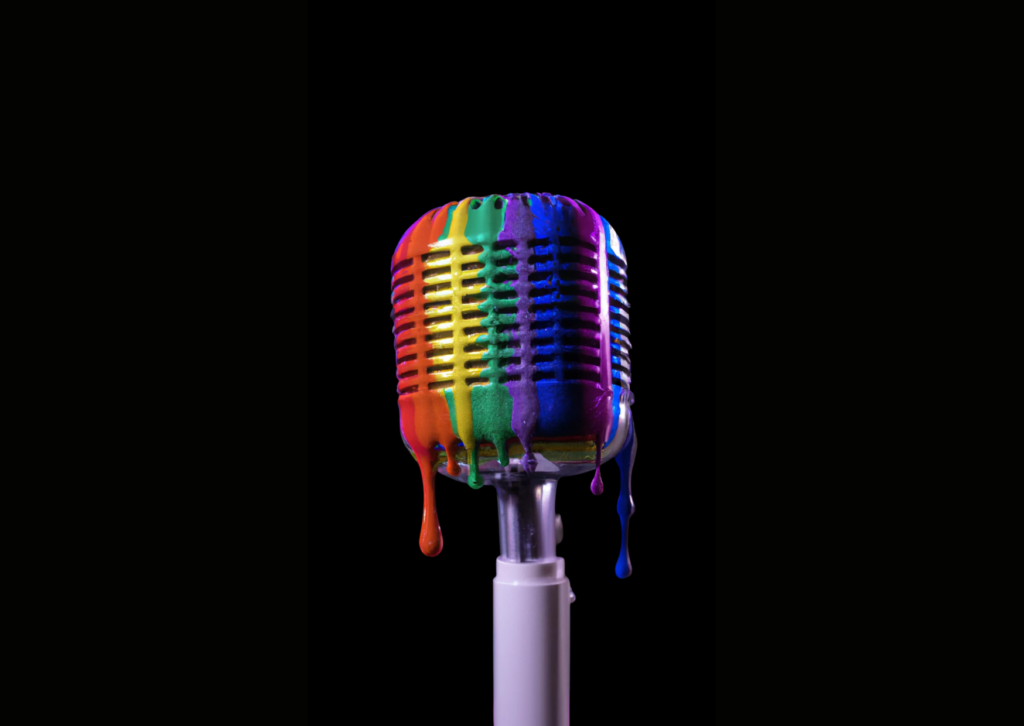After having co-organized the “Proud Comedies” at Crazy Circle, Ada is now ready to introduce her trans stand-up comedy show “Not All Cis”.
NOTICE: At Ada’s request, we are publishing this notice concerning the interview conducted by KET Magazine. The final version of the text, which you can find below, has been validated by Ada. However, according to Ada, the shortened version of the text that was published in the print version of the magazine distorts her words and no longer perfectly represents the vision she wanted to communicate. We would like to apologize to Ada. We had no intention of distorting her words, and make it clear that we only aim to highlight the work and opinions of the people we chose to interview.
Tell us a bit about yourself. What has been your journey?
I am Ada, pronouns “she/her”. Society assigns me a gender identity and astrological sign that do not correspond to me. I have always felt a gap between my inner world and some arbitrary norms of society. Without gender models, I believed I was a gay man, but this is not the case. During the lockdowns, I realized that my divergence from these norms was not linked to my sexual orientation, but to my gender identity. I then gradually became aware of what this implied and I refused it for a long time. I had been educated not to respect gender minorities. Like many people, right? With time and support from the community, I accepted what I did not choose to be and learned to love myself. Afterwards, I started processes that bring me today a joy of living and a sense of wonder that I would never have believed possible in my whole existence.
What are your current or future projects?
My comedy show, titled “Not All Cis”. It’s a project I started working on shortly after I came out, a little over a year ago. I finished writing it in early summer 2023. I thank the Brussels slam venues where I have always been welcomed, as well as the comedy venues Atout, OpenMic.be and Le Glou. On these stages, I experimented with the art of writing humor about deeply intimate, sometimes delicate and very beautiful subjects. The show “Not All Cis” mixes standup, song, theater and slam, transcending the arbitrary boundaries between performing genres to be what it is: a transgender work. This summer, after finishing writing, I organized private readings to get feedback and make final improvements. Since late August, I have started a series of public readings, before offering the staged work in theaters that want to host it. I projected all the severity and demands I can have towards myself into the writing of this text. And the feedback has exceeded my expectations.
What does being a part of the Brussels queer community mean to you?
I do not identify with the word “queer”. It is originally an insult that many people reclaim in a positive way, but this is not my case. Anyone can freely self-identify, but isn’t it questionable to impose labels on others without their consent, especially such a violent label on such sensitive and personal matters? Some gay people have reclaimed the word “f*ggot” to gain strength from it, good for them. But wouldn’t it be awkward if it became the default word to describe all gay people? I’m just asking. For me, “queer” is an insult I don’t identify with: I’m not weird, I am as nature made me. There are people who hate us and are very happy that we describe ourselves as “queer” because it proves them right: “they confirm they are weird!”. I exercise my right to deny them that. Why do we use by default a word that was an insult, rather than a positively rooted term? To me this seems essential because words are a major interface with reality. I’m not “queer”, I never have been and I never will be: I choose to be proud of who I did not choose to be. Living surrounded by the community, these people who see me as I am, is the most beautiful experience of my existence. It’s a subject I explore profoundly in the show “Not All Cis”.
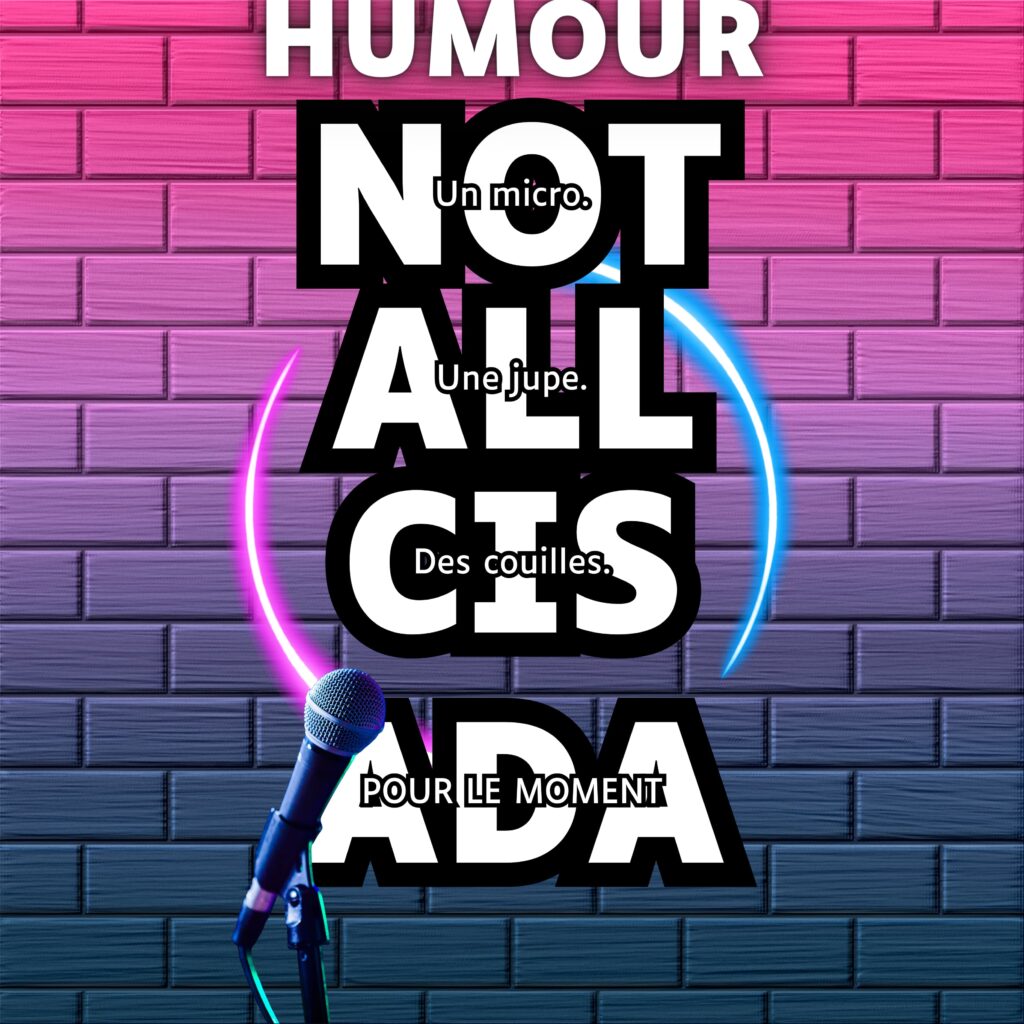
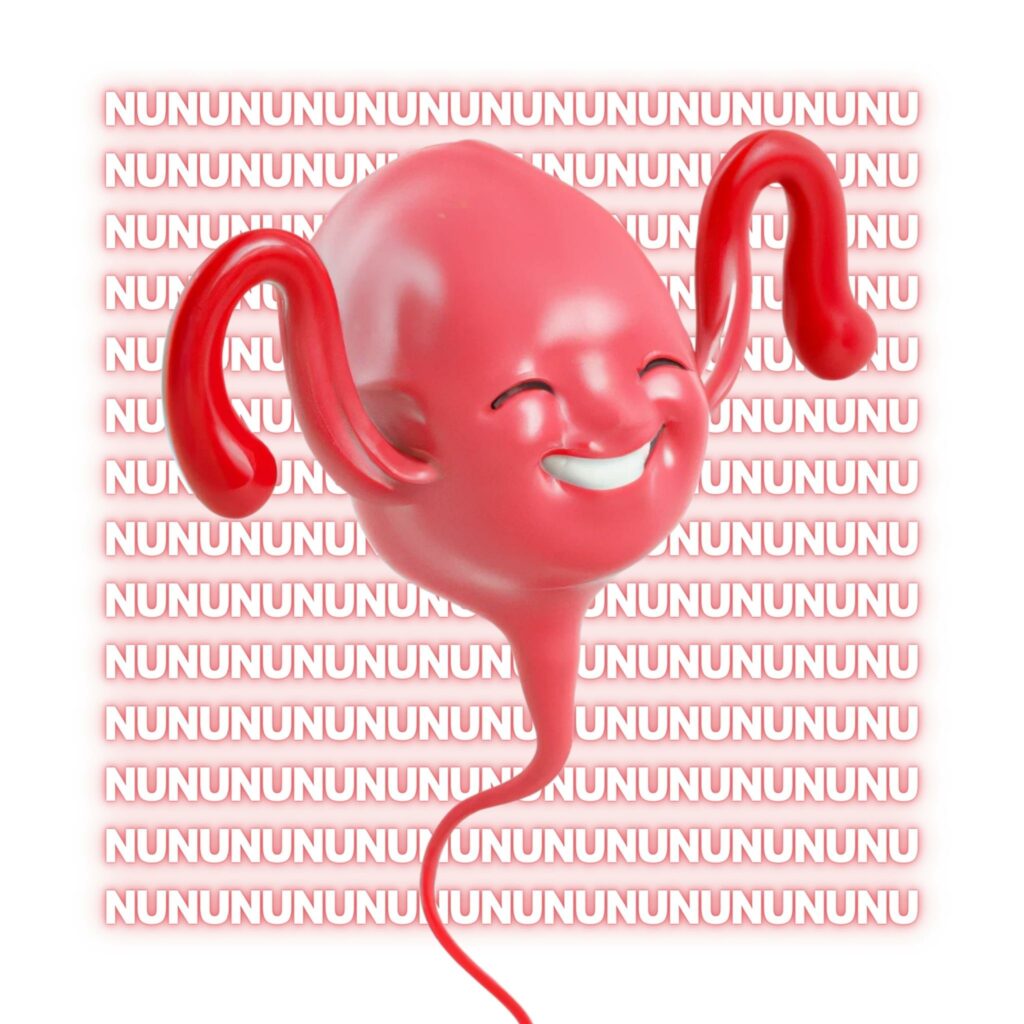
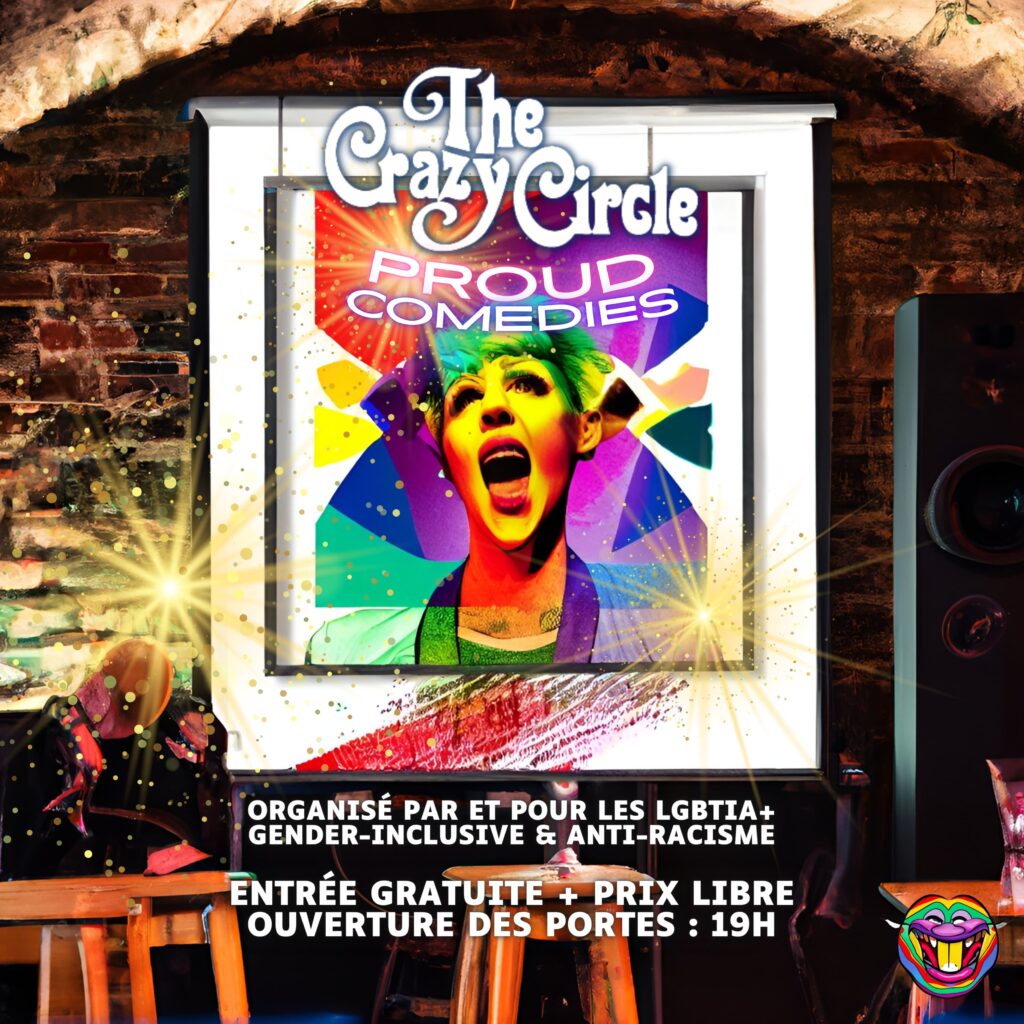
What are your proud influences?
My artistic practice began in childhood and was built as a reflection of my consumption of cultural products. My artistic demand is expressed by a constructive jealousy towards masterpieces. If other artists can touch me deeply with their creations, I also want to be capable of it. And the question of the identity of the artists who inspired me has never really arisen… until this interview. Many artists and organizations have a major influence on my art: the works of Lewis Trondheim up to the album “Life As It Comes”, Victor Brauner, Didier Super, George Lucas, DC Comics, Hara-Kiri and Charlie Hebdo, Satoru Iwata, Alan Moore, Editions Dupuis, Samuel Beckett, Daft Punk up to “Alive 2007”, the Wachowskis, Oscar Lemaire, Antonin Artaud and many many others. Lots of men in that list, right? Does that say something about me or our society?
What Brussels proud initiatives are you fond of?
This year I co-organized the “Proud Comedies” at Crazy Circle, the only lesbian bar in Brussels: it was a series of comedy nights in a “safer” environment for gender and sexuality minorities. The audience had to accept a code of conduct to attend the shows, emphasizing awareness for cisgender people to minimize any inappropriate behavior towards gender minorities. I thank the audience who showed up from the very first edition, the Crazy Circle team who supported me and the Brussels and international artists who did us the immense honor of accepting our invitations. According to the feedback we received, it was a rewarding experience for both the artists and the audience. It will remain a fond memory for me. After the last date, I decided to focus on finalizing the writing of my show “Not All Cis”.
What do you think about trans visibility in Belgium nowadays?
Could do better. MUCH better. There are several problems that, in my opinion, contribute to this: The first confusion lies in the merging of gender identity and sexual orientations. These two aspects represent distinct planes of existence: their common points are that they escape the cisheteronormative model imposed and are not deliberate individual choices. However, mixing gender identity and sexual preferences remains shocking. There is systemic cissexism that also emanates from some cisgender non-heterosexual people. Do they project onto gender minorities the violence they may suffer from cis heterosexual people? Maybe these people feel less gay or more cis by howling with the wolves against gender minorities who make the effort to accept themselves? Can happiness and joy of living be unbearable for suffering people who do not perceive satisfactory outcomes to their distress? There are also some feminists who show themselves inclusive… but exclusively towards people assigned female at birth. This raises the question of whether some feminist currents can be summed up as simple resentment towards all people assigned male at birth. There is also the confusion between Drag, gender identity and homosexuality. The problem is not Drag artists whom I greatly respect. The demand of their discipline exceeds understanding and their fees should match their work! The problem lies in unscrupulous individuals who abusively self-proclaim Drag Queens as the universal spokesperson and physical embodiment of all LGBTIA+ identities (as mascots, in short) sometimes deceiving well-meaning allies who solicit them on this point. I believe the visibility of gender minorities is very insufficient given the extent of ignorance and intensity of systemic violence. But although we are at the intersection of too much discrimination, we are definitely wonderful. This is the message I convey with humor and euphoria in the show “Not All Cis”.
You may also like
-
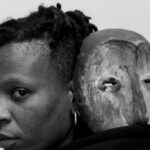
Kongi: Ancestry in Motion
Born in Kinshasa in a lively multigenerational home, they migrated first to Paris, then to
-
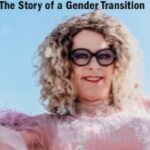
BREAKING FREE: Trans Icon Johan Jenny Ehrenberg Comes to Brussels
When a voice like Johan Jenny Ehrenberg’s reaches Brussels, it’s more than an event —
-
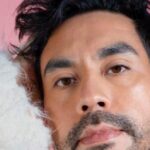
Ricky Corazon: Creating Latin Queer Space in Brussels
DJ and event producer Rodrigo Aranda, aka Ricky Corazón, takes us into his journey of
-
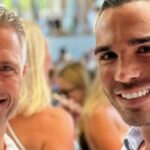
Ralf Schumacher’s Gay Wedding & the New F1 Season: Why It Matters for Queer Fans
Former Formula 1 driver Ralf Schumacher is getting married to his partner, French politician Étienne
-
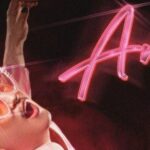
Antoine Delie: Turning Hate Into Harmony
There’s a moment, somewhere between the cracked voice and the held note, when Antoine Delie

